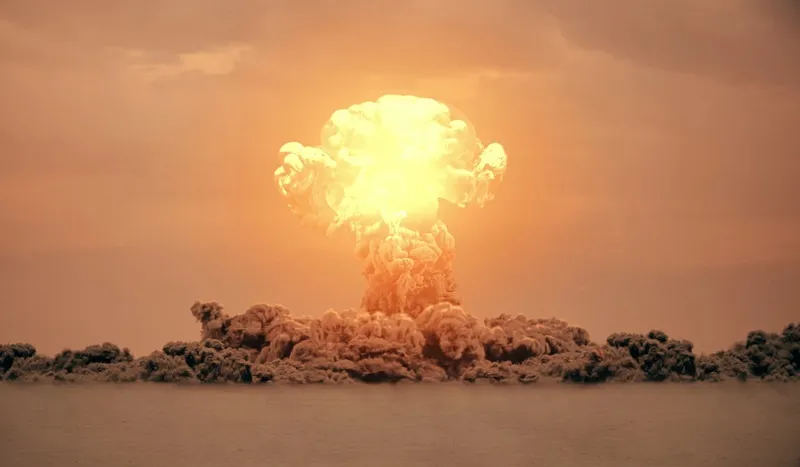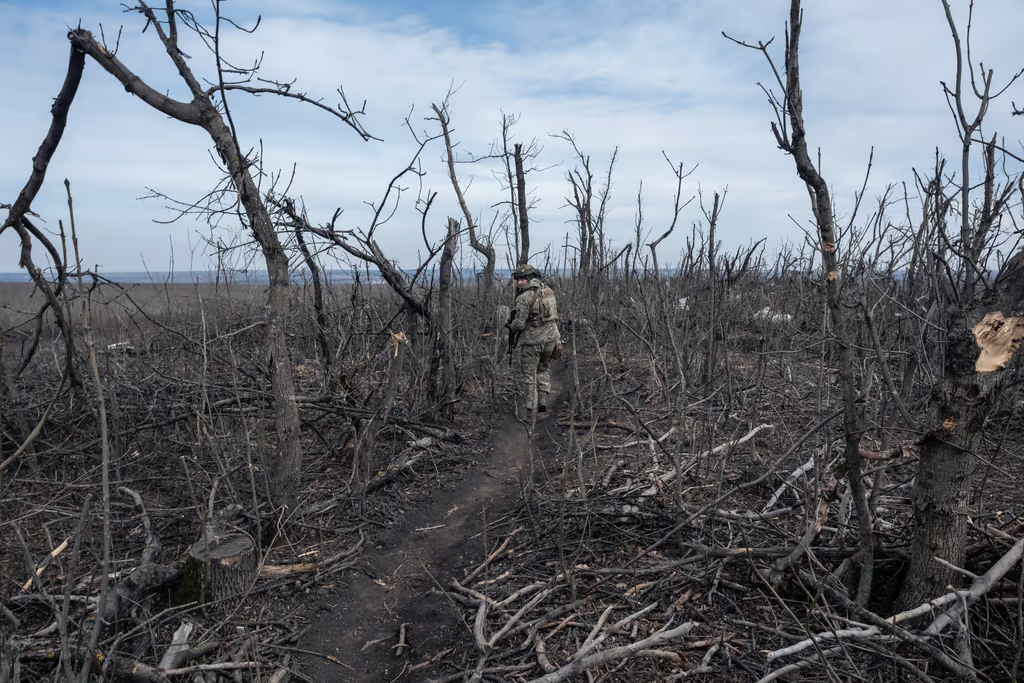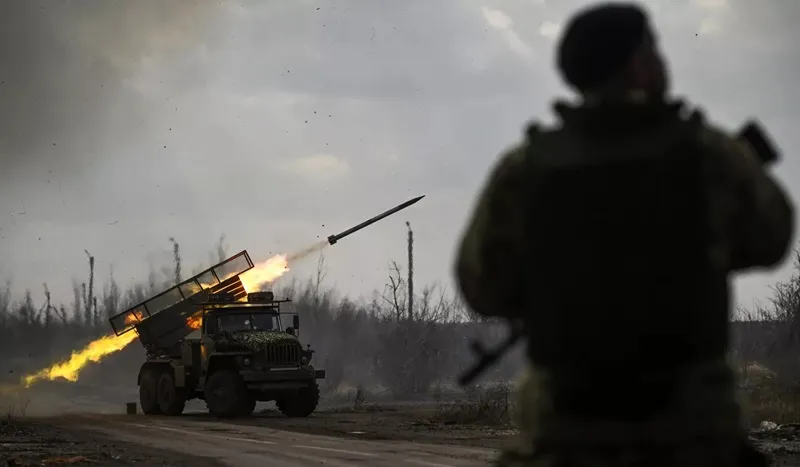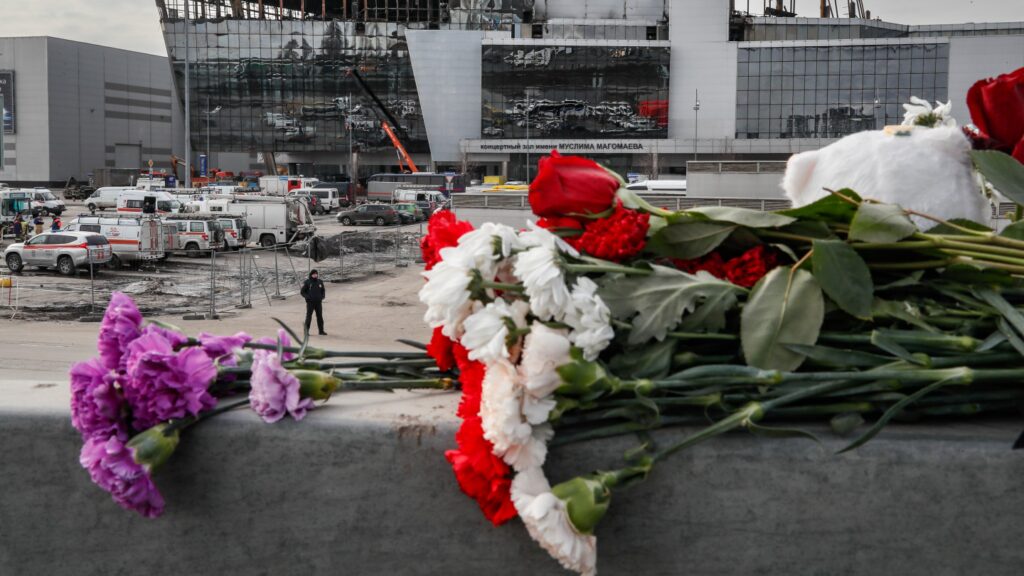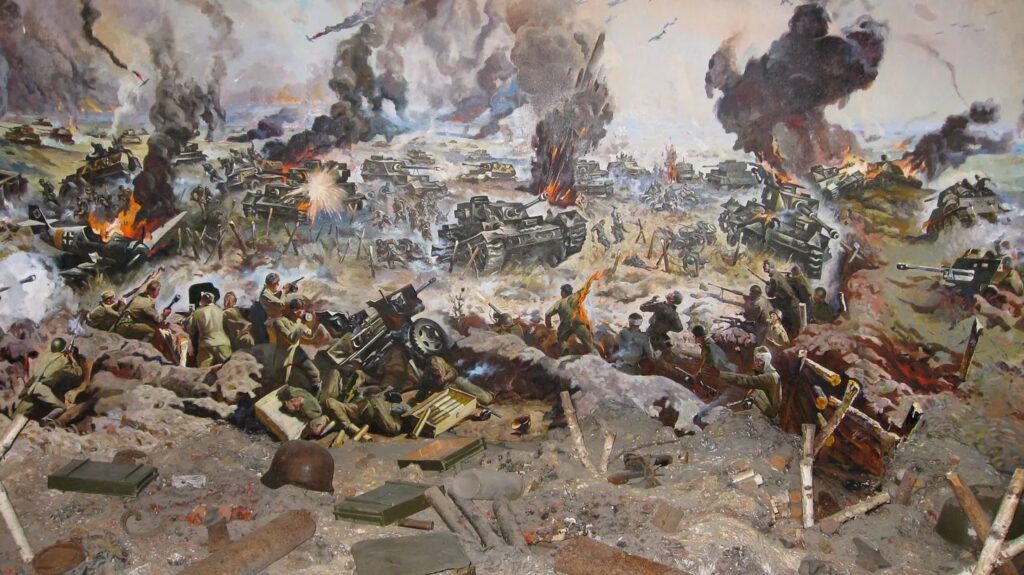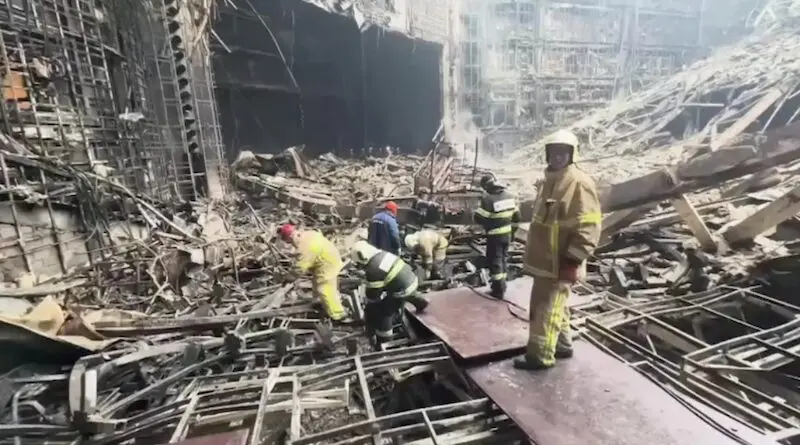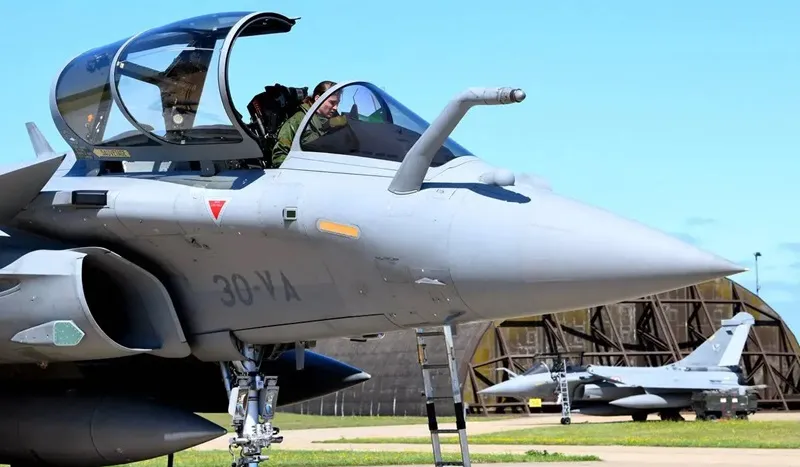In Russia’s Hybrid War on Europe, Moldova’s Critical Next 15 Months
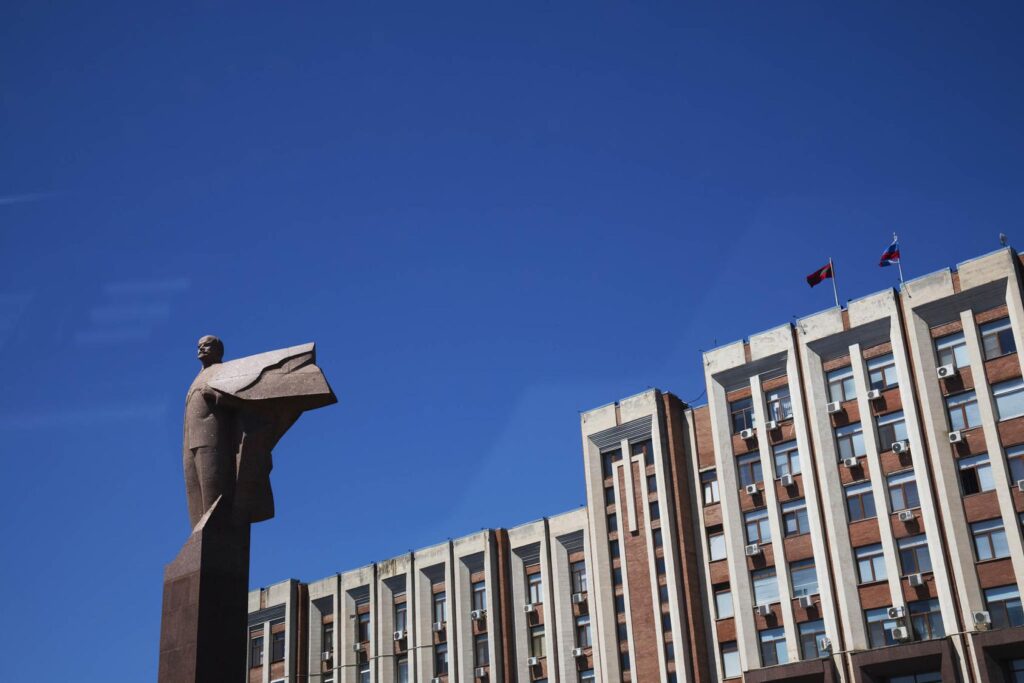
How can partners help a young democracy contain conflicts amid key elections?
A rising risk in southeast Europe is Russia’s sharpening of conflicts to block Moldova’s effort to join the European Union. The Kremlin is escalating a hybrid campaign to manipulate three Moldovan elections over the next 15 months. Moscow last week hosted the formation of a political bloc around its primary Moldovan ally, a fugitive billionaire convicted of the country’s worst-ever bank fraud — and sent a startling flood of pre-election cash that police seized at Moldova’s main airport. This is a critical season for Moldova’s democratic allies to help it defeat Russian disinformation and election subversion.

